Religion Today
Religion Today
A Critical Thinking Approach to Religious Studies
Ross Aden
ROWMAN & LITTLEFIELD PUBLISHERS, INC.
Lanham Boulder New York Toronto Plymouth, UK
Published by Rowman & Littlefield Publishers, Inc.
A wholly owned subsidiary of The Rowman & Littlefield Publishing Group, Inc.
4501 Forbes Boulevard, Suite 200, Lanham, Maryland 20706
www.rowman.com
10 Thornbury Road, Plymouth PL6 7PP, United Kingdom
Copyright 2013 by Rowman & Littlefield Publishers, Inc.
All rights reserved . No part of this book may be reproduced in any form or by any electronic or mechanical means, including information storage and retrieval systems, without written permission from the publisher, except by a reviewer who may quote passages in a review.
British Library Cataloguing in Publication Information Available
Library of Congress Cataloging-in-Publication Data
Aden, Ross, 1946
Religion today : a critical thinking approach to religious studies / Ross Aden.
p. cm.
Includes bibliographical references and index.
ISBN 978-0-7425-6371-1 (cloth : alk. paper) ISBN 978-0-7425-6372-8 (pbk. : alk. paper) ISBN 978-1-4422-1961-8 (electronic)
1. ReligionsTextbooks. 2. ReligionTextbooks. I. Title.
BL80.3.A34 2013
200.71dc23 2012021964
 The paper used in this publication meets the minimum requirements of American National Standard for Information SciencesPermanence of Paper for Printed Library Materials, ANSI/NISO Z39.48-1992.
The paper used in this publication meets the minimum requirements of American National Standard for Information SciencesPermanence of Paper for Printed Library Materials, ANSI/NISO Z39.48-1992.
Printed in the United States of America
Introducing a Critical Thinking Approach to Religious Studies
Chapter Summary
1. How Religion Complicates Life in the Twenty-First Century
The growing role of religion in this century is making public life complicated. Even McDonalds discovered its complexity when it tried to be sensitive to the new religious climate. To respect religious diversity in Singapore, the fast food chain substituted another symbol for the pig in its promotion of the Chinese New Year. The management had to quickly reverse course when its action caused an uproar.
The McDonalds misstep is a sign of the new religious situation in the twenty-first century. In todays global society, religion is not fading away as many predicted. Religion is vigorously asserting itself in all aspects of public as well as private life. Modern society is struggling to come to terms with its growing influence in international relationships, economics, politics, and culture. But dealing with the complications of religion is not easy.
2. The Widespread Ignorance of Religion and Its Consequence
For centuries, public higher education neglected the study of religion because it was thought to be irrelevant to modern life. Consequently, most Americans know little about these religious systems of meaning. Most failed a simple test on the basics of religion. This ignorance has negative consequences for foreign policy and international relations abroad and religious tolerance at home. Religious illiteracy makes it impossible for a full understanding of history, politics, and the Humanities. And such lack of knowledge makes it impossible to participate in the worlds religious conversation about meaning in life. Education may have neglected religion to avoid controversy and affirm the separation of church and state. But now that solution no longer works, because religion will no longer be put down.
3. Religious Studies: Avoiding Hazards and Gaining Benefits
Since its development in the 1960s, the field of religious studies has worked hard to build up the content and develop the methods of the academic study about religion. The field defines itself as academic, multidisciplinary, and cross-cultural. These characteristics make its content and methods uniquely suited for learning about the current dynamics of religion while avoiding the hazards of religious study. The events of 9/11 stimulated some of the scholars in the field to propose a wider and more public role for religious studies. They realized that it had resources to offer to the public discussion of the pressing issues surrounding religion in todays world. This textbook explores the way that scholars in the field are contributing to the understanding of the issues of religion in this century. It relies on sources from this century.
4. A Textbook for the Twenty-First Century
This textbook is written in the twenty-first century from the viewpoint that religion has an emerging, enhanced status and critical role in this century. In the same way, religious studies has the new role of interpreting this renewed place of religion in human life. Scholars are developing new approaches to meet this challenge.
The purpose of this textbook is to give the reader the tools for the continuing study of religion in its contemporary context. The book will use the problem-solving process as an overall framework for each chapter. Problem solving focuses research and learning and integrates many skills of critical thinking. According to the theory of C. S. Peirce, problem solving is the fundamental process of learning. Each chapter will explore one of the broad areas of study within the field of religious studies.
5. The Advantages of Studying Religion
This section lists the benefits of studying religion: (a) it is interesting; (b) it helps one learn how to relate to other peoples and cultures; (c) it helps one learn to apply the perspectives of other academic disciplines; (d) it helps one understand the ways that humans have contended with questions of ultimate meaning, value, and destiny; and (e) it offers the satisfaction of finding solutions to problems and gaining new understanding. In summary, complexity can lead to understanding. The questions of religious studies are more important than the answers because they lead to fresh insight.
How Religion Complicates Life in the Twenty-First Century
Life is complicated. The increasing role of religion in the national and global affairs of the twenty-first century seems to be making it worse.
The international McDonalds hamburger chain found this out. For the Chinese New Year, McDonalds distributed soft plastic toy figures representing the animals of the Chinese zodiac. It left out the pig. It substituted a Doraemon Cupid toy instead. The chain thought including the pig would be insensitive to Muslims, who are not allowed to eat pork.
Some people in Singapore immediately protested because the pig is one of the traditional cultural symbols of the zodiac. Surprisingly, some Muslims also reacted. They thought the substitution made them out to be overly sensitive. It is only eating pork that is haraam that is, forbidden by Islamic law. Others joined in the complaint, calling the omission of one of the zodiac animals self-censorship.
In response to the protest, McDonalds apologized and put the pig back into the promotion. Communications director Linda Ming said, We seek our customers understanding that it has never been our intention to be disrespectful towards any religion or culture.
Others besides MacDonalds have found the same difficulties. Observers say that religion complicates such aspects of life as American politics, gender issues, relationships with neighbors, ethnic and nationalistic conflicts, foreign policy and international relations, intelligence gathering, end-of-life decisions, and just about everything else.
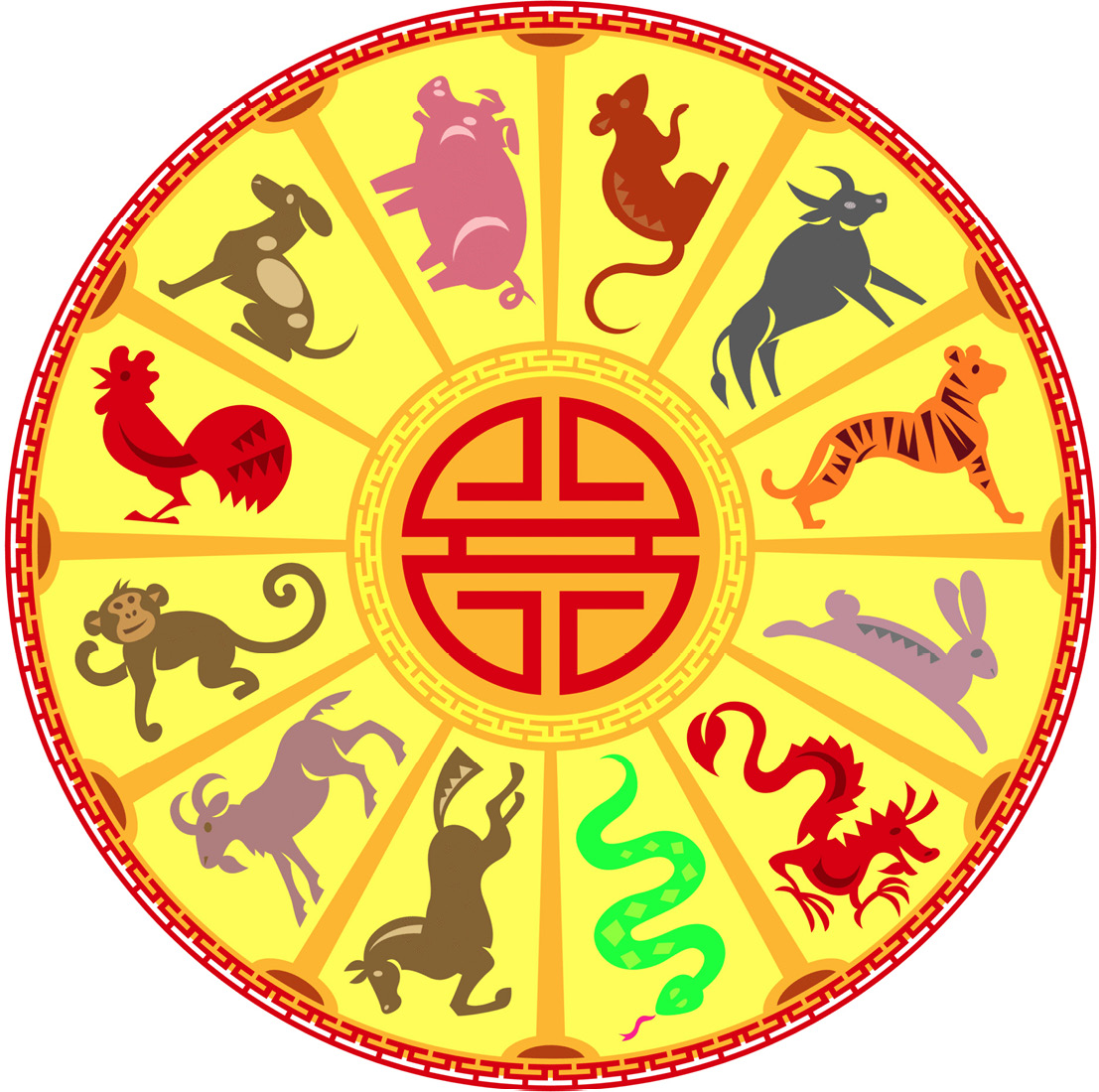
This wheel shows the symbols of the Chinese zodiac. When McDonalds Singapore removed the pig and substituted another character, controversy ensued.

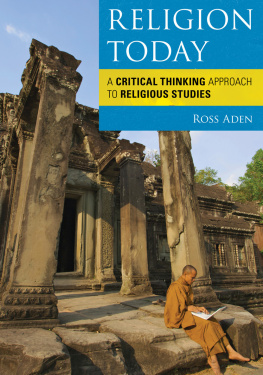

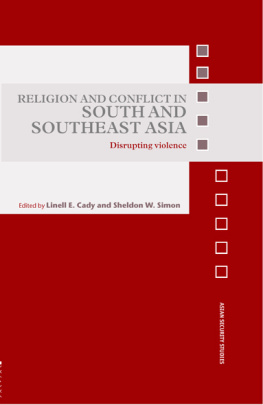
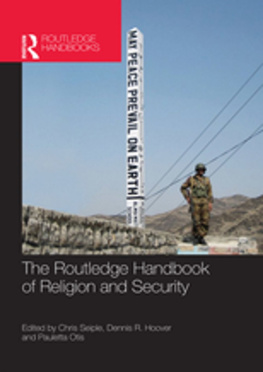
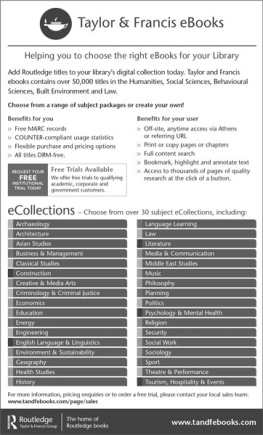
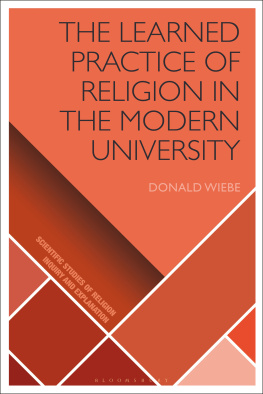
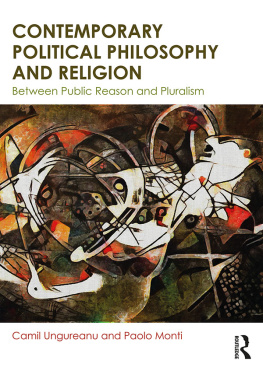
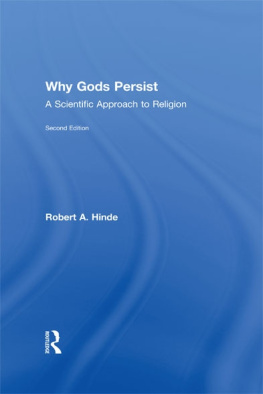
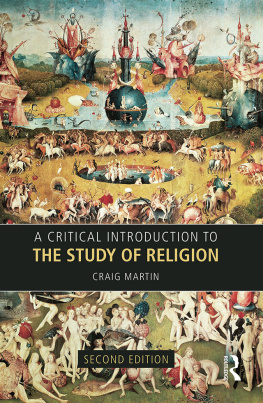
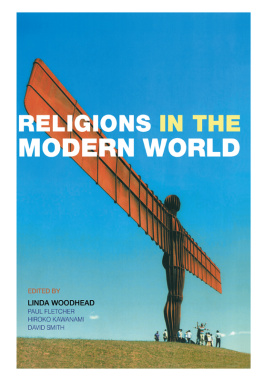
 The paper used in this publication meets the minimum requirements of American National Standard for Information SciencesPermanence of Paper for Printed Library Materials, ANSI/NISO Z39.48-1992.
The paper used in this publication meets the minimum requirements of American National Standard for Information SciencesPermanence of Paper for Printed Library Materials, ANSI/NISO Z39.48-1992.